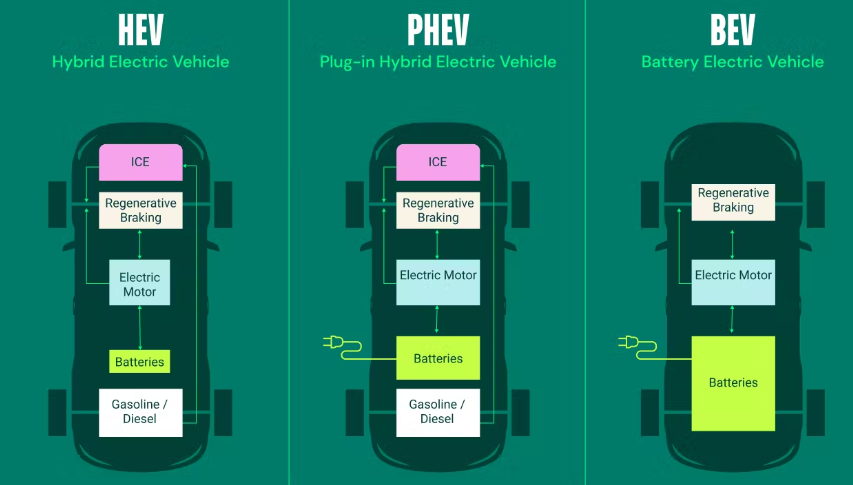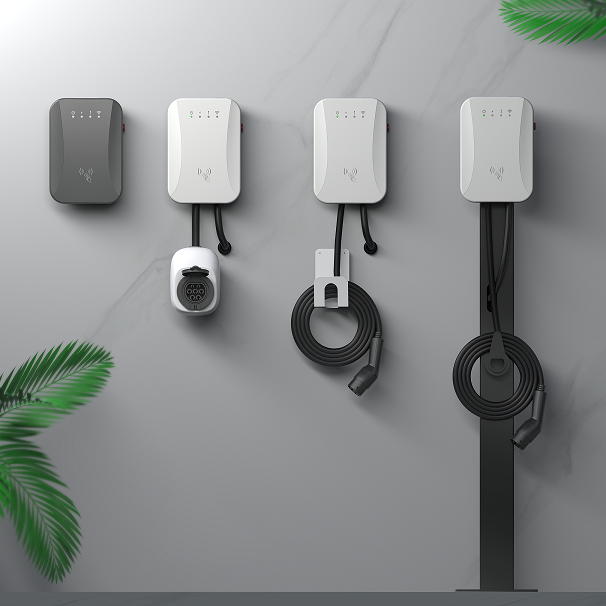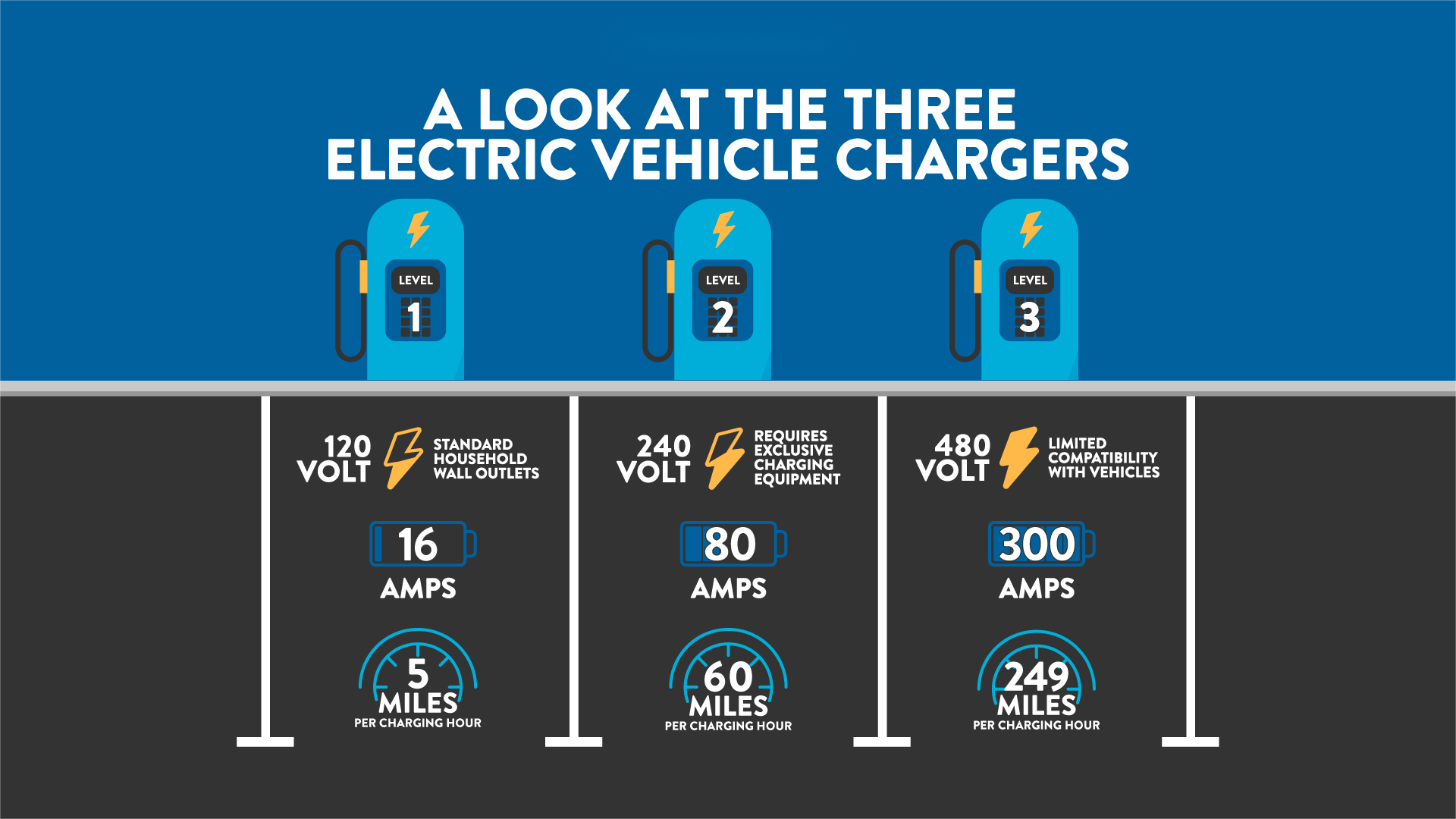As the popularity of electric vehicles (EVs) continues to grow, one of the most common questions people ask is how much it costs to charge an EV. The answer, of course, varies depending on a number of factors, including the type of EV, the size of the battery, and the cost of electricity in your area.
At Sichuan Weiyu Electric Co., Ltd., we specialize in developing and producing EV chargers that offer fast, efficient charging for all types of EVs. In this article, we’ll take a closer look at the factors that determine the cost of EV charging and offer some tips for how you can save money on your EV charging bills.
Factors Affecting the Cost of EV Charging
Type of EV

One of the biggest factors that affects the cost of EV charging is the type of EV you have. Generally speaking, there are two types of EVs: all-electric vehicles (AEVs) and plug-in hybrid electric vehicles (PHEVs).
AEVs are fully electric and run solely on battery power. PHEVs, on the other hand, have a smaller battery and a gasoline engine that kicks in when the battery is depleted.
Because AEVs rely solely on battery power, they require more electricity to recharge than PHEVs. As a result, the cost of charging an AEV is typically higher than the cost of charging a PHEV.
Size of the Battery
Another factor that affects the cost of EV charging is the size of the battery in your vehicle. Generally speaking, the larger the battery, the more it will cost to charge.
For example, if you have an EV with a 60 kWh battery and the cost of electricity in your area is $0.15 per kWh, it would cost you $9 to fully charge your vehicle. If you have an EV with a 100 kWh battery, on the other hand, it would cost you $15 to fully charge your vehicle.
Cost of Electricity
The cost of electricity in your area is another important factor to consider when calculating the cost of EV charging. The cost of electricity varies widely depending on where you live, and it can have a significant impact on your charging costs.
In some areas, electricity is relatively cheap, costing just a few cents per kilowatt-hour (kWh). In other areas, however, electricity can be much more expensive, with rates of $0.20 per kWh or more.
Tips for Reducing the Cost of EV Charging
Charge at Night
One of the easiest ways to save money on EV charging is to charge your vehicle at night, when electricity rates are typically lower. Many utility companies offer lower rates for off-peak hours, which can be a great way to save money on your charging bills.
Use a Level 2 Charger

Using a Level 2 charger is another way to save money on EV charging. Level 2 chargers offer faster charging speeds than Level 1 chargers, which means you can charge your vehicle more quickly and efficiently.
Take Advantage of Public Charging Stations
If you’re on a long road trip or don’t have access to a charging station at home, taking advantage of public charging stations can be a great way to save money on EV charging. Many public charging stations offer free or low-cost charging, which can help you save money on your overall charging costs.
Monitor Your Charging Habits
Finally, it’s important to monitor your charging habits to ensure you’re not wasting electricity or overcharging your vehicle. Most EVs come with a charging timer that you can use to set charging times and monitor your charging progress. By paying attention to your charging habits, you can reduce your overall charging costs and ensure that your vehicle is always ready to go when you need it.
Consider Renewable Energy
If you’re looking to reduce your carbon footprint and save money on your electricity bills, consider investing in renewable energy sources like solar or wind power. By installing solar panels or a wind turbine on your property, you can generate your own electricity and charge your EV for free.
Check for Incentives
Many state and local governments offer incentives for EV owners, such as tax credits or rebates. These incentives can help offset the cost of EV ownership, including charging costs.
In addition, some utility companies offer special rates or rebates for EV owners. Check with your utility company to see if they offer any incentives or discounts for EV charging.
Shop Around for Electricity Rates
If you live in an area where electricity rates are high, it may be worth shopping around for a better rate. Many electricity providers offer competitive rates for residential customers, which can help you save money on your charging costs.
Conclusion
As the popularity of electric vehicles continues to grow, it’s important to understand the factors that affect the cost of EV charging. By considering the type of EV you have, the size of the battery, and the cost of electricity in your area, you can get a better understanding of your charging costs and take steps to reduce them.
By following the tips outlined in this article, such as charging at night, using a Level 2 charger, and taking advantage of public charging stations, you can save money on your EV charging bills and enjoy all the benefits of owning an electric vehicle.
At Sichuan Weiyu Electric Co., Ltd., we’re dedicated to developing and producing high-quality EV chargers that offer fast, efficient charging for all types of electric vehicles. Contact us today to learn more about our products and how we can help you make the most of your EV ownership experience.
Post time: Feb-28-2023




